Michael Sorkin, the most remowned architect, urbanist and activist critic died of complications from Covid-19 in New York City on March 26, at the age of 71 years old. He had been going through cancer treatment and was belonging at a vulnerable category for the coronavirus pandemic.
Michael Sorkin is the second loss in the architecture world due to the COVID-19 pandemic, following modernist Italian architect Vittorio Gregotti’s death earlier this month.
Sorkin founded his architectural practice, Michael Sorkin Studio, in the early 1980s. The firm is based in New York and has offices in Shanghai and Xi’an, China. In 2005, he started Terreform, a non-profit group for urban research, social and environmental-driven urban initiatives to raise expectations and to help give expression to dreams and desires that find difficulties at reaching the mainstream.
Based in New York, Michael Sorkin’s work covered design, criticism, and pedagogy. Sorkin has been famous for his writings for the Village Voice, the Nation, and many other publications. While writing and designing, Sorkin taught at many schools, including at the Academy of Fine Arts, Vienna, from 1993 to 2000, and as a visiting professor at the Cooper Union, New York, and the Yale School of Architecture, New Haven. He curated the Austrian pavilion at the Venice Biennale (2010) and received a gauntlet of awards, most recently the National Design Award in the Design Mind category in 2013; a fellowship from the John Simon Guggenheim Foundation in 2015; and the Collaborative Achievement Award from the American Institute of Architecture in 2019.
Michael Sorkin was born in Washington, DC in 1948 and his ideas for design were initiated and were formed when his family moved to the modernist region of Hollin Hills in northern Virginia. He received a bachelor’s degree from the University of Chicago in 1970 and a master’s in architecture from the Manhattan Institute of Technology in 1974. He launched his career in the ’80s as a critic at the Village Voice, where he quickly developed a critical style. Since 2000, Sorkin has been Distinguished Professor of Architecture and Director of the Graduate Program in Urban Design at City College of New York.
His previous academic engagements included Professor of Urbanism and Director of the Institute of Urbanism at the Academy of Fine Arts in Vienna, Gensler Chair at Cornell University, Hyde Chair in Nebraska University, Saarinen Chair in the University of Michigan, Gilbert Chair in the University of Michigan, both the Davenport and Bishop Chair at Yale University, and professorships at the Architectural Association, Cooper Union, Harvard University, and Columbia University.
Michael Sorkin devoted to both practical and theoretical projects of all scales with a special interest in the city and green architecture.
For over thirty years provided professional consulting, planning and design service around the world, with respect towards innovative solutions, the natural environment, local cultures and economic realities, aiming to produce designs that are both sustainable and beautiful.
He always had a strong voice, even when he disagreed with the new site at Grand Zero and felt that building new office space wasn’t fitting for the space which in his view, should have been put to a more honest public consolation.
Michael Sorkin studio designed offices, academic facilities, complexes, housing developments, hotels, science centers and religious structures. His architecture practice had been largely focused on China since the mid-2000s, winning projects in Wuhan, Anxin, and the new capital city of Xiongan. Sorkin has been interested in building sustainable and reasonably dimensioned cities which he believed are the substrate of a democratic polity.
He has been interested at the opportunity to work on cities and urban districts from scratch, while the blank slate presented an indispensable possibility for a planet that is urbanizing at a fast pace. Recent projects include award-winning masterplan of a new town for 300,000 inhabitants and an environmental research park, both in Wuhan, China. He has also planned the reclamation and development of a 50-kilometer stretch along the Wei River and a new university town, both in Xi-an, China.
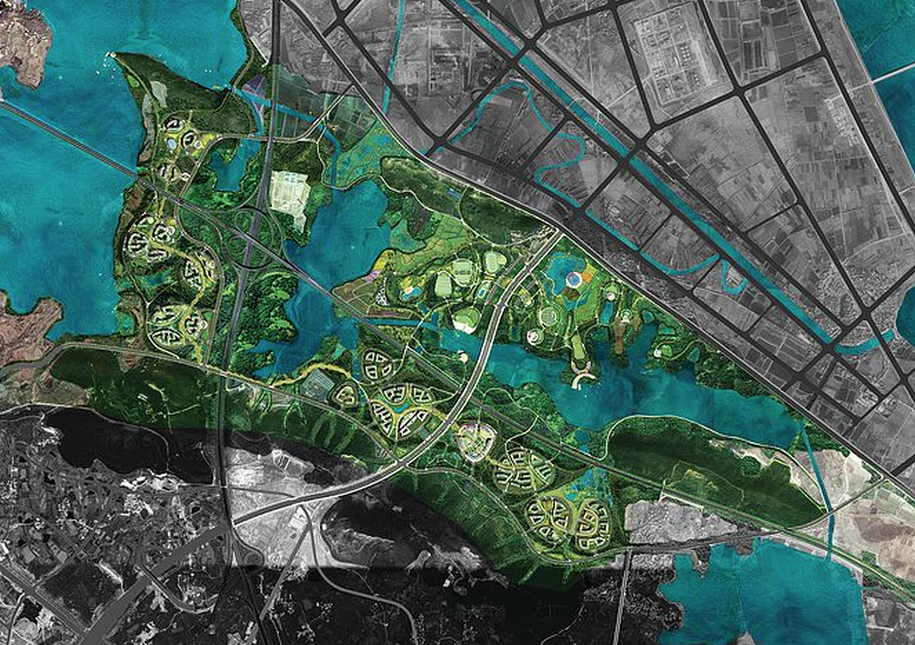
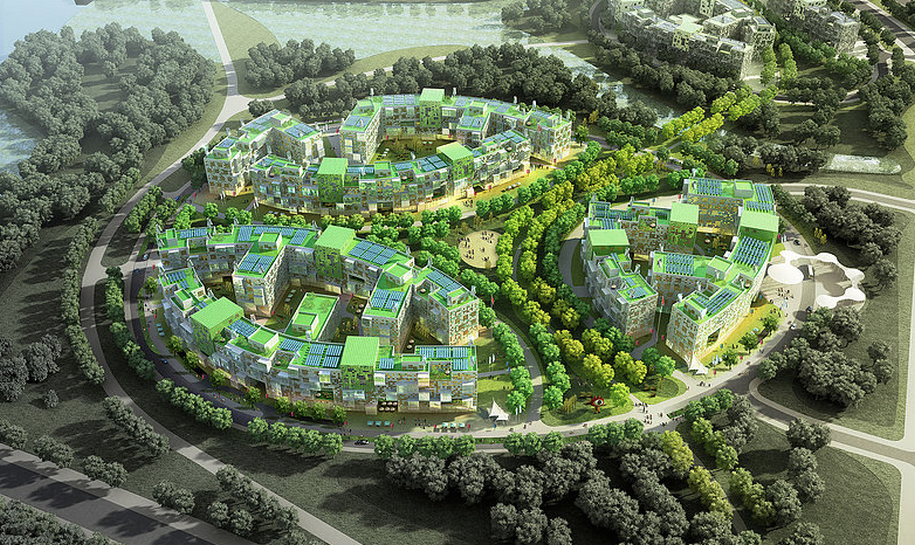



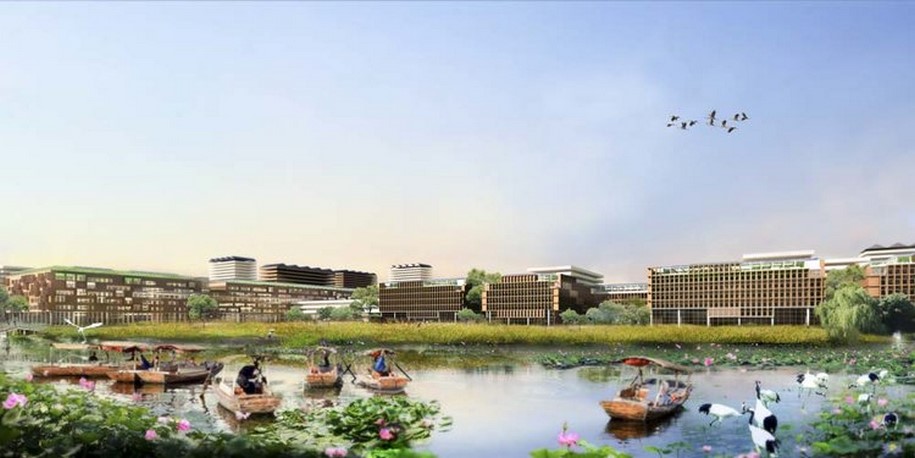
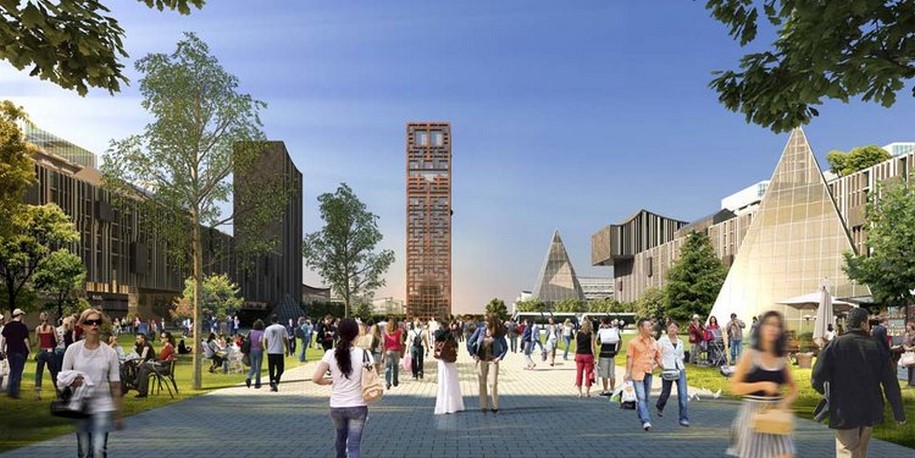

The studio also completed designs of a 1,000-unit resort in Bonville, Australia, and for site and building development and complexes in Turkey, the Philippines, Malaysia and the United States.


Sorkin’s most ambitious design project has been the experiment of an alternative urban plan for New York City, to make the metropolis completely self-sufficient in terms of its food systems, waste management, water systems, mobility, manufacturing, and local climate New York City State -Research.
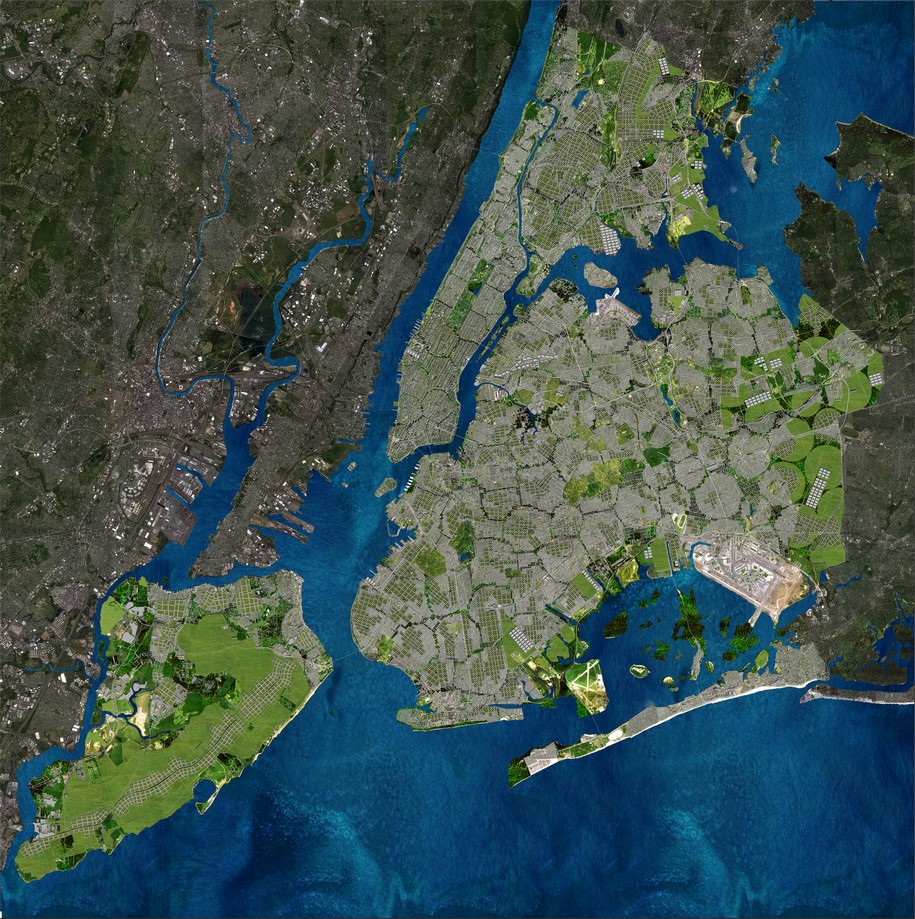
Sorkin’s most ambitious design project has been the experiment of an alternative urban plan for New York City

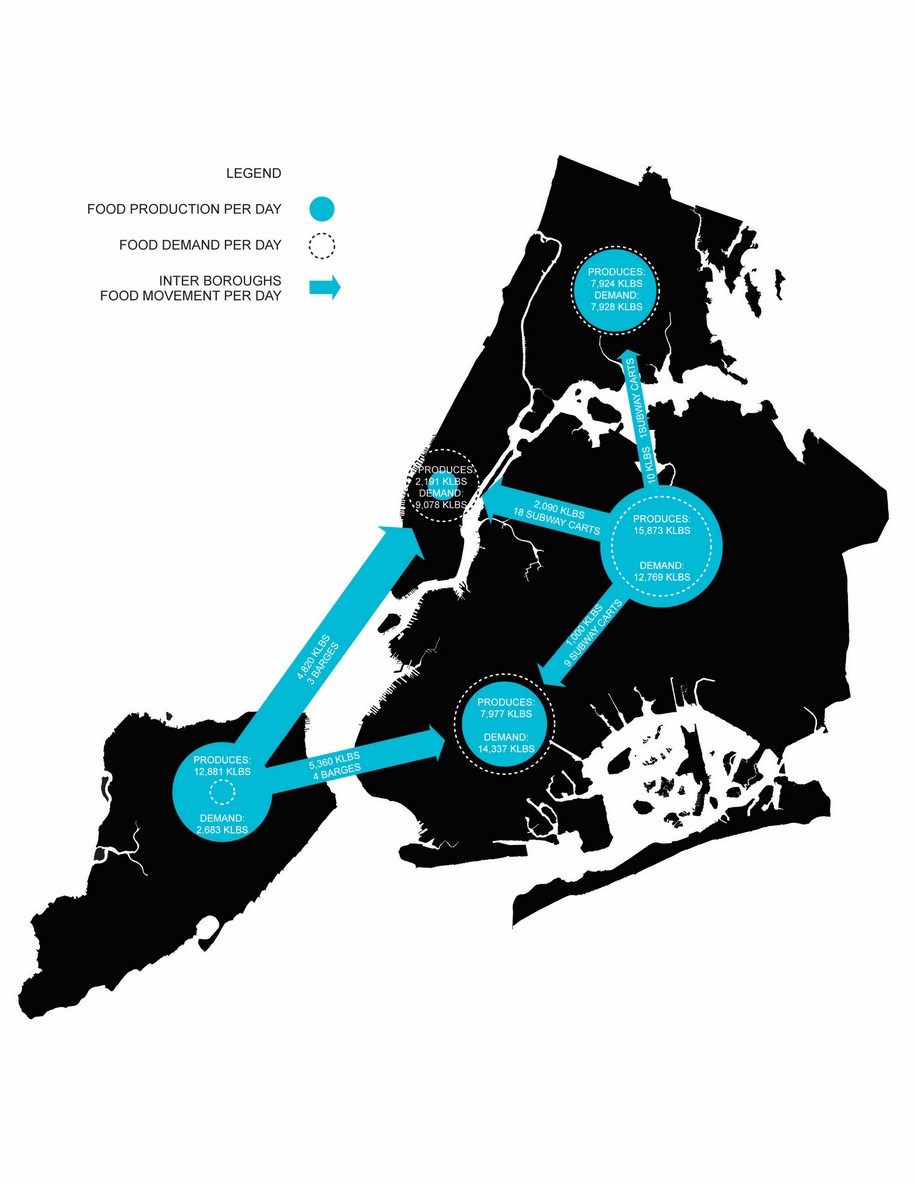
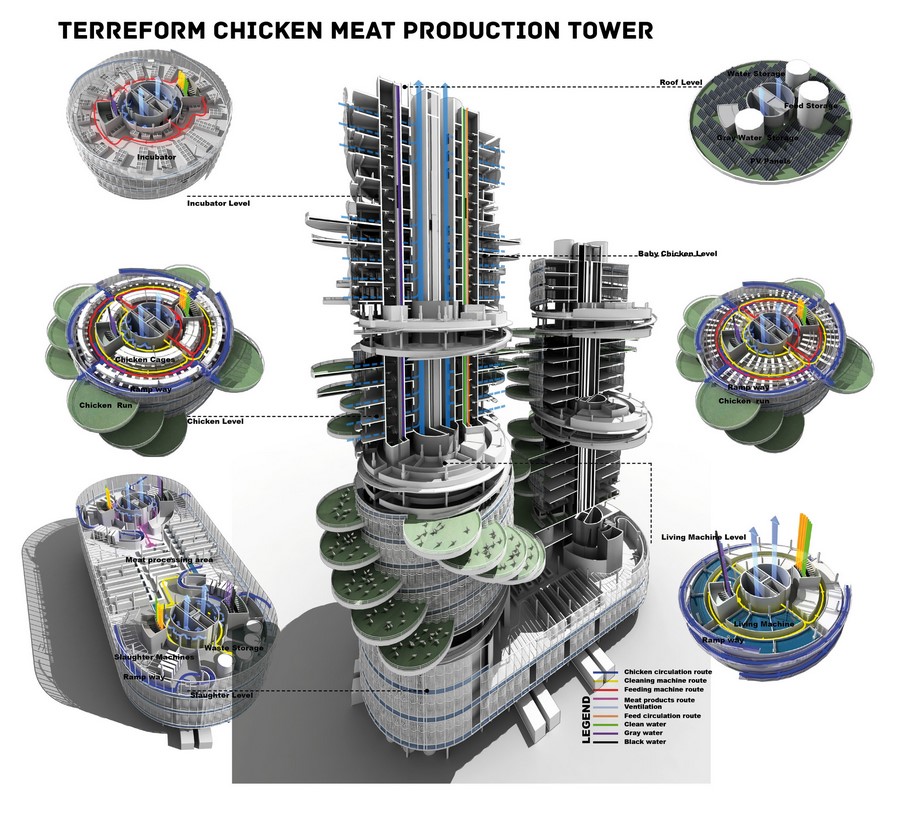
He has been an editor-in-chief of its imprint,Urban Research that was launched in 2015. He was on the board of several civic and professional organizations such as Urban Design Forum (Vice President) and the Architectural League of New York (Director). He has also been a member of the International Committee of Architectural Critics. Sorkin has been the recipient of several fellowships and awards. His recent awards included “Design Mind” from the National Design Award in 2013; and Fellow in the field of architecture planning and design from the John Simon Guggenheim Foundation in 2015. The studio has been the recipient of numerous awards and its work has been exhibited around the world.
Sorkin has been an architecture critic for The Nation, a contributing editor at Architectural Record, and author or editor of twenty books. For Sorkin, critical writing was a form of activism.
His writing included books such as:
- Variations on a Theme Park,
- Exquisite Corpse, Local Code,
- Giving Ground (edited with Joan Copjec),
- Michael Sorkin Studio: Wiggle (Works in Progress),
- Some Assembly Required, Other Plans,
- The Next Jerusalem, After The Trade Center (edited with Sharon Zukin),
- Starting From Zero,
- Analyzing Ambasz,
- Against the Wall,
- Indefensible Space,
- New Orleans Under Reconstruction (edited with Carol Reese and Anthony Fontenot),
- All Over the Map,
- Twenty Minutes in Manhattan.
Over the years, Sorkin has been a contributing editor of Architectural Record and regularly penned pieces for the New York Times, the Wall Street Journal, and The Nation. He served as editor in chief of Urban Research from 2015 until his passing. He went on to write many more books, including Some Assembly Required (University of Minnesota Press, 2001), Starting from Zero: Reconstructing New York (Routledge, 2003), and Twenty Minutes in Manhattan (Reaktion, 2009), and edited copious others.
_______________________________________________
Pandemic Architecture is an International Ideas Competition curated by the Design Ambassador for ARCHISEARCH.gr
The jury consists of Tom Lindblom, Lifestyle Sector leader for Gensler’s Latin American region, Roberto Palomba, architect and designer based in Milan, Lydia Kallipoliti, assistant professor in Cooper Union, Ora Ito, the phenomenon designer in pop culture based in Paris, Marianthi Tatari, Senior Architect / Associate at UNStudio, Sophia Vyzoziti, architect, researcher and associate professor in Greece, Kyriakos Chatziparaskevas from Heatherwick Studio and Martha Tsigkari, Partner of the Applied Research + Development (ARD) group at Foster + Partners.
Find more here!
READ ALSO: OPEN CALL - PANDEMIC ARCHITECTURE International Ideas Competition